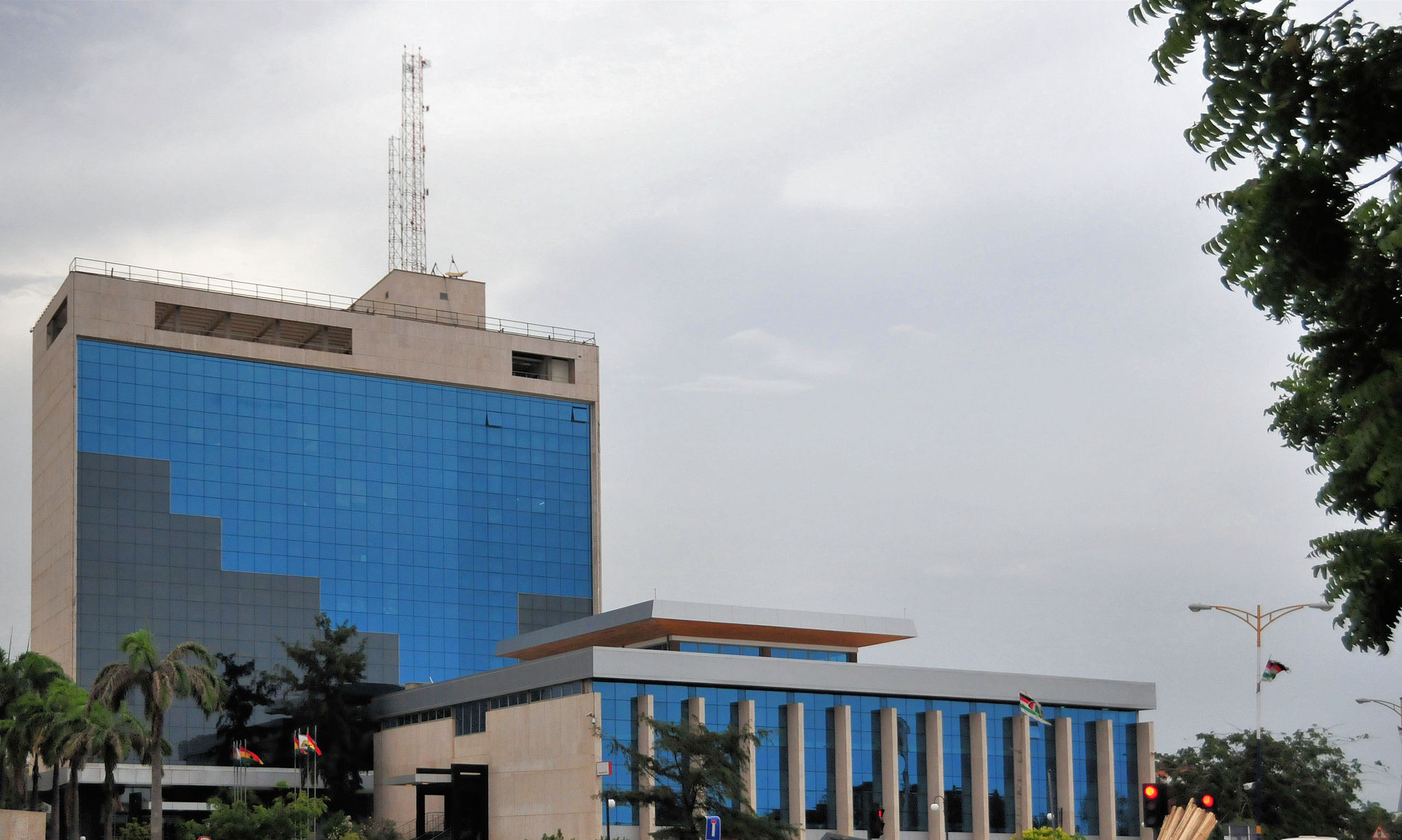Innovative HR Practices in Ghana: Transforming Workforce Management
The Evolution of Human Resource Practices in Ghana
Human Resource (HR) management in Ghana has undergone significant transformations in recent years, driven by a need to adapt to global standards and local dynamics. With the advent of technology and a growing emphasis on employee well-being, companies are adopting innovative HR practices that promise to redefine workforce management in the region.
These practices not only enhance productivity but also contribute to a more engaged and satisfied workforce. Let’s delve into some of the groundbreaking HR strategies that are reshaping the employment landscape in Ghana.

Technology Integration: The Digital HR Revolution
The digital revolution has made its mark on HR practices in Ghana. Today, many companies are leveraging technology to streamline their HR processes. From recruitment to performance management, technology-driven solutions are making operations more efficient and data-driven.
HR software systems are being implemented to automate routine tasks such as payroll, attendance tracking, and employee records management. This not only reduces administrative burdens but also allows HR professionals to focus on more strategic initiatives that contribute to business growth.
Focus on Employee Well-being and Mental Health
In recent years, there has been a noticeable shift towards prioritizing employee well-being in Ghanaian workplaces. Companies are recognizing that a healthy workforce is a productive workforce. As a result, many organizations have introduced wellness programs that cater to both physical and mental health.
These programs often include activities such as fitness challenges, mental health days, and access to counseling services. This commitment to employee well-being fosters a positive work environment and enhances overall job satisfaction.

Embracing Diversity and Inclusion
Diversity and inclusion have become key pillars of modern HR strategies. In Ghana, companies are increasingly aware of the benefits that a diverse workforce brings, including varied perspectives, enhanced creativity, and better decision-making.
HR departments are actively working to implement policies that promote inclusivity. This includes bias training, creating platforms for employee voices, and ensuring equal opportunities for all employees regardless of their background.
The Rise of Flexible Work Arrangements
The concept of flexible work arrangements has gained traction in Ghana, particularly in the wake of the global pandemic. Remote work, flexible hours, and compressed workweeks are becoming more common as companies recognize the benefits of offering employees greater control over their work schedules.
This flexibility not only improves work-life balance but also boosts employee morale and retention rates. By providing options that cater to individual needs, employers can create a more engaged and loyal workforce.

Continuous Learning and Development Opportunities
The importance of continuous learning cannot be overstated in today’s fast-paced business environment. Ghanaian companies are investing in training and development programs to ensure their employees remain competitive and skilled.
These programs often include workshops, online courses, and professional development seminars. By fostering a culture of continuous learning, businesses can not only enhance employee capabilities but also drive innovation within their organizations.
Conclusion: A New Era for HR in Ghana
The innovative HR practices being adopted in Ghana are setting the stage for a more dynamic and efficient workforce management landscape. As companies continue to embrace these changes, they pave the way for enhanced productivity, employee satisfaction, and overall business success.
With an ever-evolving global business environment, staying ahead through progressive HR strategies will be key for Ghanaian enterprises aiming to thrive both locally and internationally.
